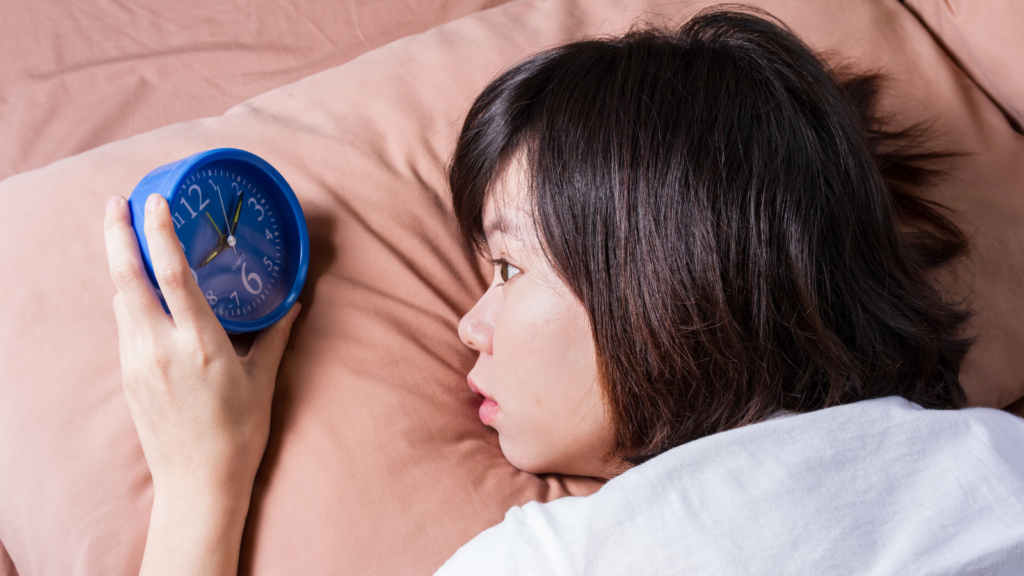Sleep Science Friday: Oversleeping
20 August 2021
Last month the ESRS hosted a live webinar on “The Adverse Effects of Sleep Deprivation”, where Prof. Torbjörn Åkerstedt and Dr. Bárbara Strazisar addressed the impact of sleep deprivation on aircraft crew and on students’ performance respectively. Even though these 2 groups were singled out, these effects also apply to the general population, and missing even an hour or two of sleep can impact everyone’s daily life and health.
While sleep deprivation is a hot topic that we always hear a lot about the risks associated with it, conversely, we should also consider oversleeping and its possible adverse effects. Let’s admit it – from time to time (and sometimes more often for others), we love to take in an extra hour or two whenever we get the chance, but when this is done excessively, it may have a negative impact on our health and well-being in the long-run.
Oversleeping is not the solution to sleep deprivation.
What is oversleeping?
Even though 7 – 9 hours is the recommended amount of sleep for healthy adults (Watson et al, 2015), this may vary for each individual given their health condition, lifestyle, genetic predisposition and myriad other factors.
Anything over 9 hours of sleep is considered oversleeping.
Oversleeping affects people who regularly get much more sleep than their body physically requires. This doesn’t apply to extra sleep experienced while overcoming illness, jetlag or extreme workouts.
What causes oversleeping?
Sleep disorders such as obstructive sleep apnoea and narcolepsy, substances like alcohol and prescription medication and other illnesses like depression can cause one to oversleep.
Adverse Effects of Oversleeping
Deterioration in memory & thinking skills (Devore et al, 2014) – both under-sleeping (5 hours or less) and oversleeping (9 hours or more) can lead to worse global cognition than those getting the recommended amount of sleep. Sleepers at both extremes were estimated to be mentally 2 years older than their counterparts.
Weight imbalances – short and long sleeping times predict an increased risk of future body weight and fat gain in adults (Chaput et al, 2008) and long sleep hours might be related to a decrease of lean mass (Kim et al, 2017).
Increased risk of cardiovascular disease (CVD) (Kim et al, 2013) – excessive amounts of sleep (defined as greater than 9 hours of sleep) were associated with increased risk of mortality from CVD.
Overcome Oversleeping
The research is clear that extreme sleep patterns can lead to adverse effects on our health. However, we should not only be advocating for patients and everyone to get a certain amount of sleep, but rather, a certain amount of quality sleep.
This can be achieved through:
- Establishing a regular & relaxing bedtime routine
- Keeping your bedroom dark, calm, cool and comfortable
- Reducing blue light at least one hour before bedtime
- Getting enough sunlight and exercise daily
- Limiting caffeine and consuming none after lunchtime
References
- Watson et al. (2015). Recommended amount of sleep for a healthy adult: a joint consensus statement of the American Academy of Sleep Medicine and Sleep Research Society. Sleep.
- Devore et al. (2014). Sleep Duration in Midlife and Later in Relation to Cognition. J Am Geriatr Soc.
- Chaput et al. (2008). The association between sleep duration and weight gain in adults: a 6-year prospective study from the Quebec Family Study. SLEEP.
- Kim et al. (2017). Association between sleep duration, fat mass, lean mass and obesity in Korean adults: the fourth and fifth Korea National Health and Nutrition Examination Surveys. J Sleep Res.
- Kim et al. (2013). Insufficient and excessive amounts of sleep increase the risk of premature death from cardiovascular and other diseases: The Multiethnic Cohort Study. Preventive Medicine.
ESRS Announcements
Sleep Europe 2022 Call for Symposia
We’d like to invite all members to contribute to the program by proposing a symposium. Submissions are now being accepted until 27 September 2021. Find out more on the criteria and procedures here.
Recent publications from ESRS members:
- Jansson-Fröjmark et al. (2021). Paradoxical intention for insomnia: A systematic review and meta-analysis. J Sleep Res.
- Meloni et al. (2021). Preliminary finding of a randomized, double-blind, placebo- controlled, crossover study to evaluate the safety and efficacy of 5-hydroxytryptophan on REM sleep behavior disorder in Parkinson’s disease. Sleep Breath.
- Caudri et al. (2021). Sleep-disordered breathing in Australian children with Prader-Willi syndrome following initiation of growth hormone therapy. J Paediatr Child Health.
- Behboudi et al. (2021). Association of TNF-α (-308G/A) Gene Polymorphism with Circulating TNF-α Levels and Excessive Daytime Sleepiness in Adults with Coronary Artery Disease and Concomitant Obstructive Sleep Apnea. J Clin Med.
- Celik et al. (2021). Association of Excessive Daytime Sleepiness with the Zung Self-Rated Depression Subscales in Adults with Coronary Artery Disease and Obstructive Sleep Apnea. Diagnostics (Basel).
- Zinchuk et al. (2021). Physiological Traits and Adherence to Therapy of Sleep Apnea in Individuals with Coronary Artery Disease. Am J Respir Crit Care Med.
- Peker et al. (2021). Reliability of the Turkish version of the European Obstructive Sleep Apnea Screening (EUROSAS) questionnaire for drivers. Sleep Breath.
Just published an article? Want your research to be featured? Saw something interesting? Contact us at esrs@esrs.eu.



